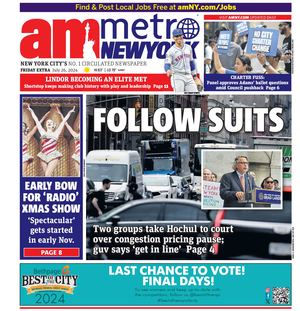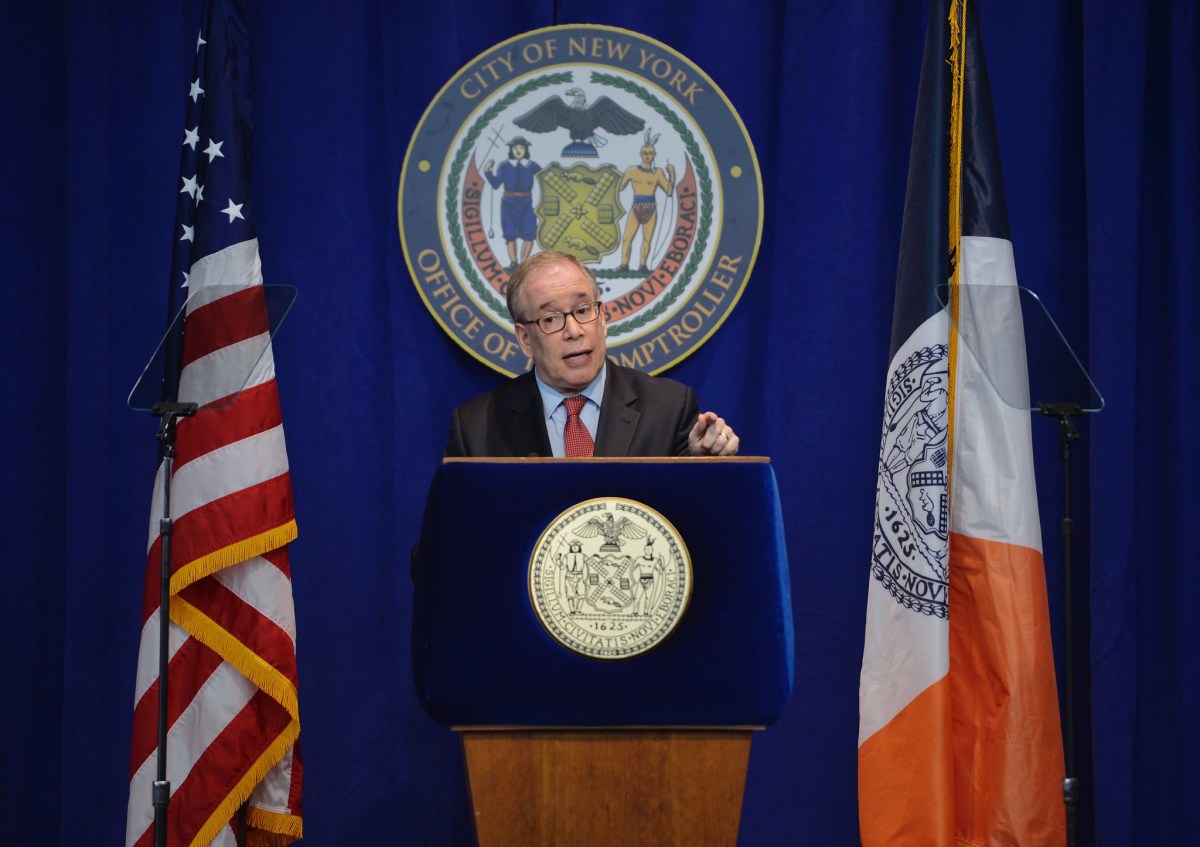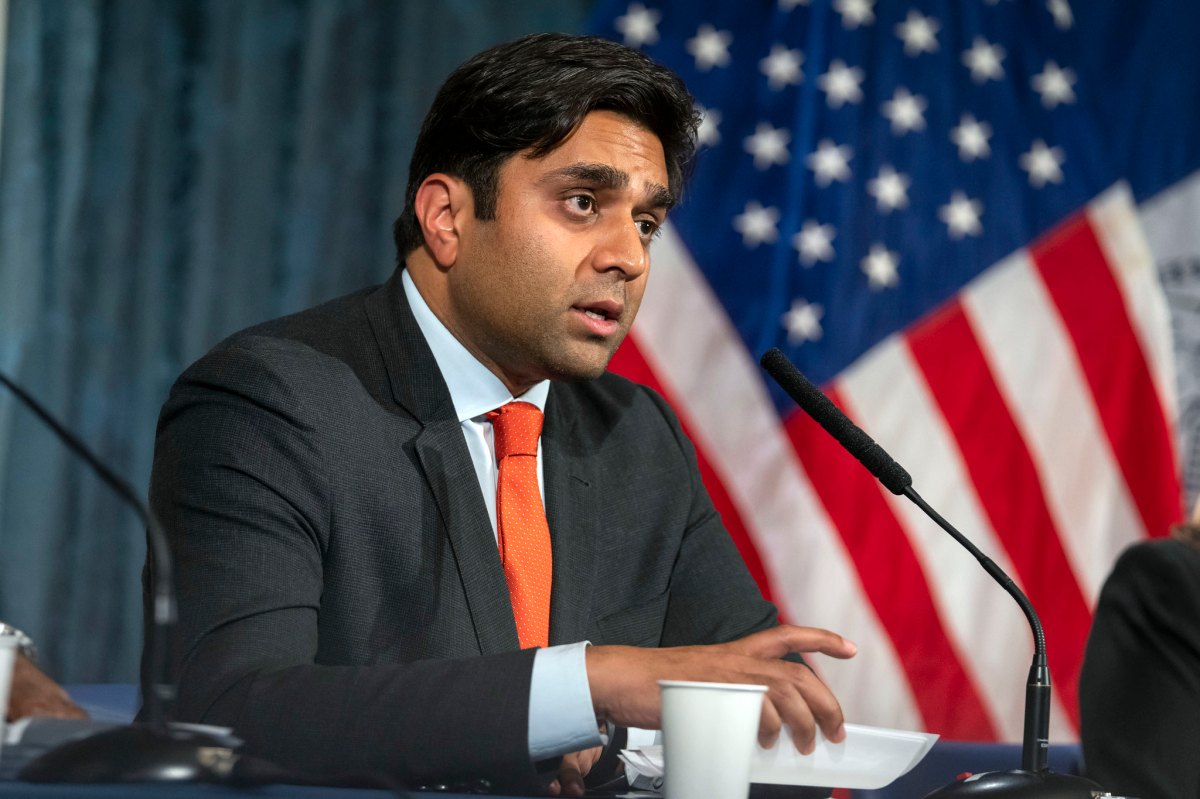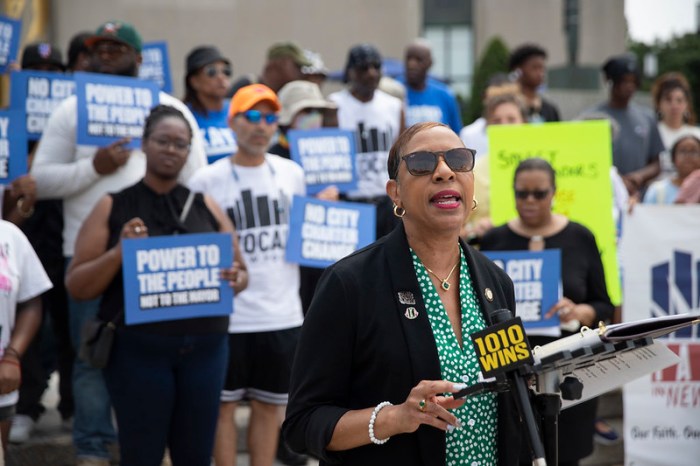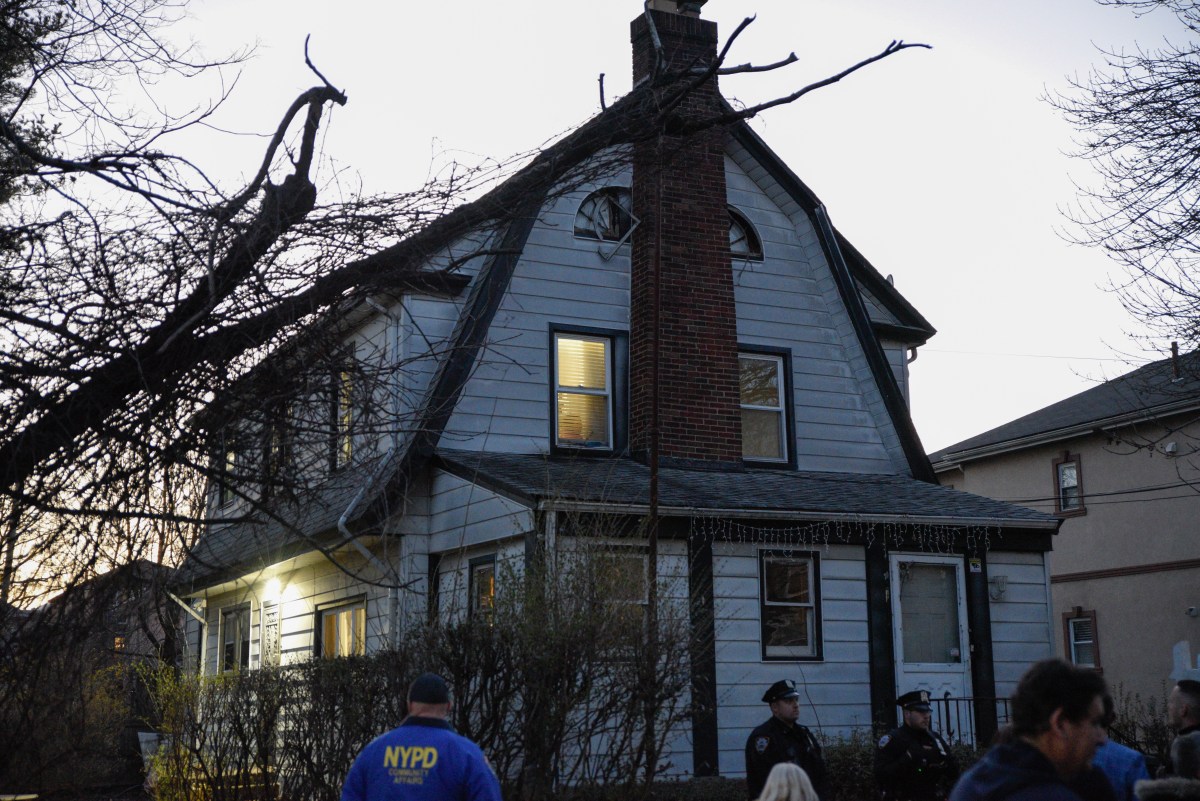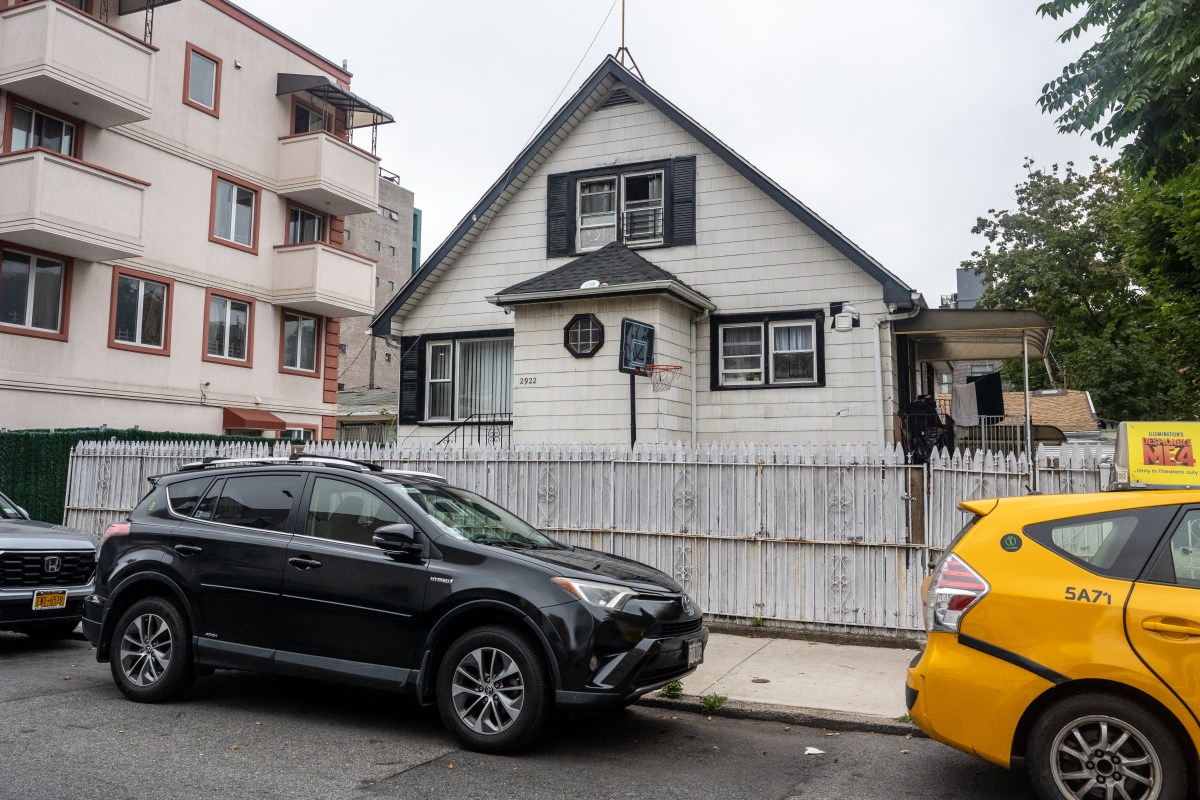Thousands of New Yorkers who speak a language other than English are being deprived of translation services for everything from legal proceedings to applications for city services, according to City Comptroller Scott Stringer.
The city’s fiscal watchdog says the situation is a supply-and-demand problem: too few translators are available for the 1.2 million New Yorkers who speak a language at home that’s spoken by fewer than 100,000 (1%) of the city’s total population.
On Tuesday, Stringer announced that he’s asked Mayor Bill de Blasio and City Council Speaker Corey Johnson to consider an idea to close the translation gap: the creation of a Community Legal Interpreter Bank “to recruit, train and dispatch legal interpreters to legal services organizations across the city.”
“Language impacts every aspect of life, and too many New Yorkers who speak languages of limited diffusion are underserved and deprived of basic services due to a lack of quality frontline interpreters,” Stringer said in his Feb. 11 announcement. “This has to change.”
The comptroller said the interpreter bank proposal was put forth by several community organizations representing immigrants in New York City: African Communities Together, Mexican American Students’ Alliance, the Asian American Foundation and New York Immigration Coalition.
In a letter to de Blasio and Johnson, Stringer explained that the interpreter bank idea is based largely upon a proposal borne out of Washington, DC’s local government. He stressed that the program is essential toward helping the city and its immigrant population combat anti-immigrant policies coming from the Trump White House.
Immigrants who primarily speak languages of limited diffusion are “the most vulnerable” to the Trump administration’s efforts, Stringer wrote. Data from the U.S. Census Bureau indicates that, in New York City alone, dozens of languages are spoken by fewer than 5,000 people across the five boroughs.
The situation makes it difficult for a language of limited diffusion speaker to obtain a translator to assist them with legal matters, according to Stringer. He believes the interpreter bank would go a long way toward ensuring proper understanding and representation for New Yorkers, regardless of their tongue.
As the city begins preparing its upcoming Fiscal Year 2021 budget, Stringer’s seeking $2.25 million in city funding to launch the city’s interpreter bank. He also requested $750,000 to create three “language services worker-owned cooperatives” to provide “an estimated 25,000 hours” of interpretation services for New Yorkers who speak languages of limited diffusion.
Representatives of the organizations that pitched the interpreter bank idea to Stringer applauded the effort.
“Despite the fact that New York City has one of the most inclusive and expansive language access laws in the country, there are still thousands of hard-working families who are forced to navigate complex government and court systems without access to appropriate language services,” said Steve Choi, executive director of the New York Immigration Coalition. “These are simple and cost-effective solutions designed to make New York City work for all.”
“Our African immigrant members are proud to be part of New York City, a place that offers the promise of inclusion and equality for all,” added Amaha Kassa, executive director of African Communities Together. “However, without language access, that promise will never be achieved.”
